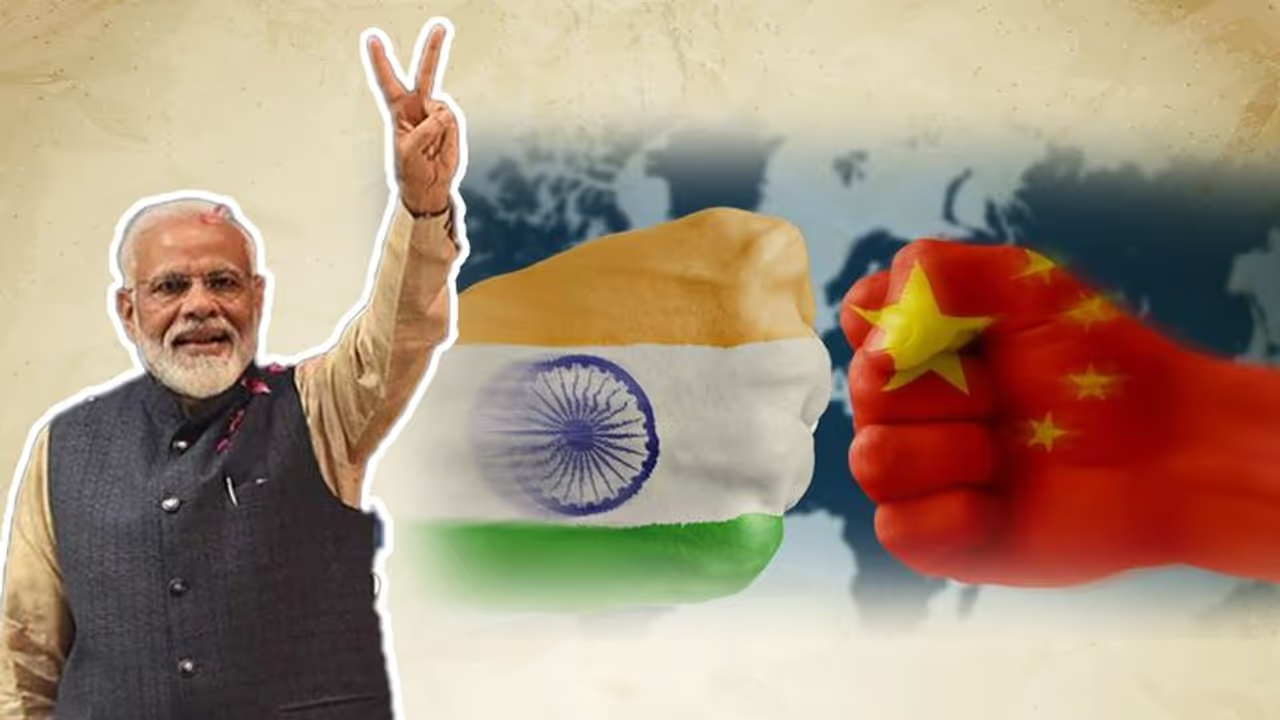While China is not part of the BIMSTEC, it is but the elephant in the room and the new Modi regime seems serious to address this beat in the closest region around India
New Delhi: India has so far exerted soft power with the BIMSTEC nations, but China’s leverage is its money power extended in the form of infrastructure aid and technical know-how. The slowing down of the Chinese economy of late and the trade war that erupted between it and the US has presented India with the unique opportunity to gain ground.
While Narendra Modi had made a lot of effort to wean away from the member countries — Thailand, Nepal, Bhutan, Sri Lanka, Myanmar and Bangladesh — in its last regime, an invite to these nations to Modi’s swearing-in ceremony to New Delhi could only have strong undertones of interpretation along the same lines.
Breaking China-Nepal bonhomie
The near tactless blockade of trade and transit across the Indo-Nepal border spread out across the fag end of 2015 and early 2016 left a bad taste in the mouth of the Nepalese nationalists. While they had long been lobbying for closer relations with China than with India to use its clout, PM Modi reached out to the neighbour through cultural affinity. He visited the Pashupati Nath Temple during the fourth BIMSTEC summit and doled out donations for constructing shelters for pilgrims.
India has the natural advantage of providing Nepal with the closest port at Kolkata while the ones that it uses in China are over 3000-km away. China needs to be countered here as already a railway line has been proposed between Nepal and China while China-Quinghal-Tibet railway route is operational and taking thousands of Chinese tourists to Nepal.
Bangladesh's newfound love for China
While the neighbour has been a close ally of India, it has recently inched closer to China, but with a cautious approach. Even as it has welcomed Chinese money into infrastructure projects — China pumped nearly $3 billion for a bridge on the Padma river, apart from pledging $31 billion for infrastructure projects — it has also been sensitive to pressure from India.
Also read: If China has Pakistan, Modi's India has Bangladesh: Know how
In 2016, Bangladesh turned down China’s help for building and operating a deep sea port at Sonadia after Delhi got upset.
Sri Lanka in Chinese debt
Sri Lanka was not able to save Hambantota port from Chinese clutches as it failed to service Chinese debt. But, the recent bombings and terror attacks in the country seem to have pushed it closer to India. The historical estrangement over the Indian peacekeeping force and the LTTE muddle have complicated matters between the two countries, but India is now making sure-footed efforts to woo Sri Lanka. The country could also help India in its own war on terror.
Giving option to Myanmar
During the shift from military dictatorship to democracy, the country’s relations with China dwindled, but soon both the countries reached a new recalibration of relations. This shift was based on Myanmar’s conscious decision to balance China and the US. It is not just part of the Belt and Road Initiative (BRI) of China but is also seminal to its completion. Moreover, as the country was cornered on the Rohingya issue, the more China exploited its isolation. The country has also been extremely cooperative with India, so far as India has carried out surgical strikes against extremist elements inside the Myanmar border.
Thailand too is wary of China
While China has proposed to invest billions in railway tracks in Thailand, the matter is not above controversy. The country is wary of the railway line as it passes through farmlands. But, the Chinese-Thai relations are economically very strong as the two countries not just signed a Free Trade Agreement in 2003, they also enjoy free borders. the country is also part of ASEAN. India needs to woo Thailand as the BIMSTEC FTA is stuck in the wilderness.
Also read: China tries to rebuild bridge with India
Bhutan, only close ally of India
Of the BIMSTEC countries, Bhutan is the only true and declared ally of India. The country has been culturally close to India and also part of the geographical continuum.
While China is not part of the BIMSTEC, it is but the elephant in the room and the new Modi regime seems serious to address this beat in the closest region around India.
